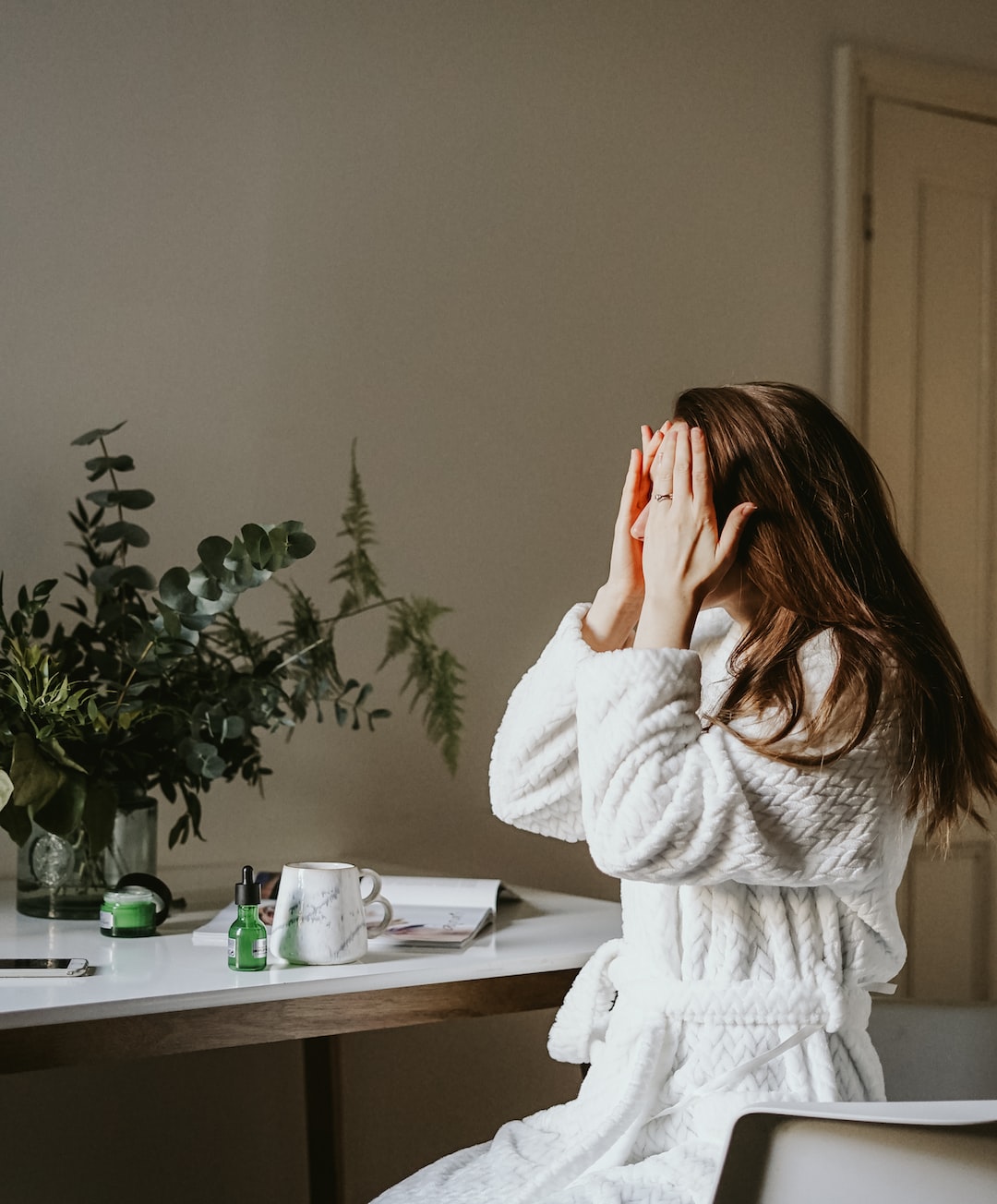Anxiety has become an all too common problem in today’s fast-paced and demanding world. The constant stress, pressures, and uncertainties of everyday life can easily lead to overwhelming feelings of anxiety. However, with the right strategies and techniques, it is possible to manage anxiety and lead a more fulfilling and peaceful life. In this blog post, we will explore some practical ways to manage anxiety in everyday life.
Firstly, it is important to recognize and acknowledge your anxiety. Many people try to suppress or ignore their anxious feelings, which only leads to them becoming more intense over time. By acknowledging your anxiety, you can start to understand its triggers and patterns, and take proactive steps towards managing it.
One effective technique to manage anxiety is deep breathing exercises. Deep, slow breaths can help calm your nervous system and reduce the intensity of anxious thoughts and feelings. Try taking long, deep breaths, counting to four as you inhale, holding for a few seconds, and then exhaling slowly. Repeat this process several times and observe how your body and mind start to relax.
Another powerful strategy is to challenge your anxious thoughts. Anxiety often stems from irrational or exaggerated thoughts that catastrophize situations. Take a step back and ask yourself if your anxious thoughts are logical or based on evidence. More often than not, you will realize that they are simply products of your imagination. By challenging and reframing these thoughts with more realistic and positive ones, you can begin to minimize anxiety and regain control.
Incorporating regular physical exercise into your routine is also crucial for managing anxiety. Exercise helps release endorphins, which are natural mood boosters, and reduces stress hormones in your body. Engaging in activities such as jogging, yoga, or dancing can not only distract you from anxious thoughts but also promote a sense of well-being and relaxation.
Furthermore, it is important to prioritize self-care and relaxation in your everyday life. Engage in activities that bring you joy and peace, such as reading a book, listening to music, or spending time outdoors. Find what works for you and make it a priority to dedicate time to these activities regularly. Taking care of your mental and emotional well-being is essential for managing anxiety effectively.
Another helpful technique is to practice mindfulness and meditation. Mindfulness involves being fully present in the moment and paying attention to your thoughts, feelings, and sensations without judgment. By practicing mindfulness daily, you can become more aware of your anxiety triggers, allowing you to respond to them in a calm and rational manner.
Seeking support from loved ones can also make a significant difference in managing anxiety. Sharing your thoughts and feelings with trusted friends or family members can provide comfort and reassurance. Often, they can offer a different perspective or provide practical advice that you may not have considered. Remember, you are not alone in your battle against anxiety, and reaching out for support is a sign of strength.
In more severe cases of anxiety, professional help may be necessary. Therapy and counseling can equip you with valuable tools and techniques to manage anxiety effectively. A trained therapist can help you identify the root causes of your anxiety and develop personalized strategies tailored to your unique circumstances.
While anxiety may be a part of everyday life, it does not have to control your life. By implementing these strategies and techniques, you can gradually regain control over your anxiety and lead a more fulfilling and peaceful life. Remember, managing anxiety is an ongoing process, and it’s important to be patient and kind to yourself as you work towards a healthier and happier life.
